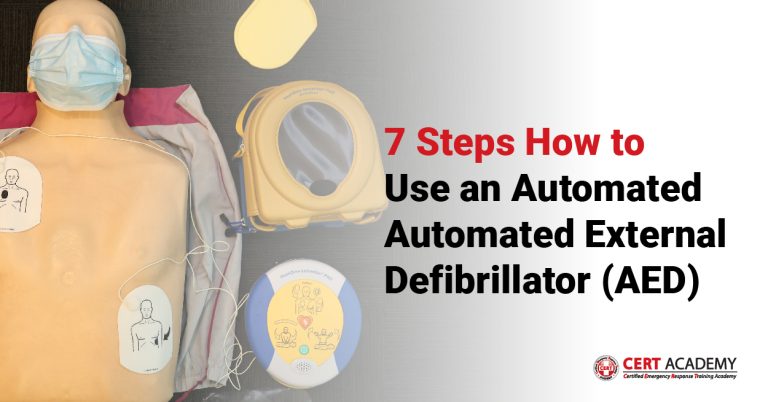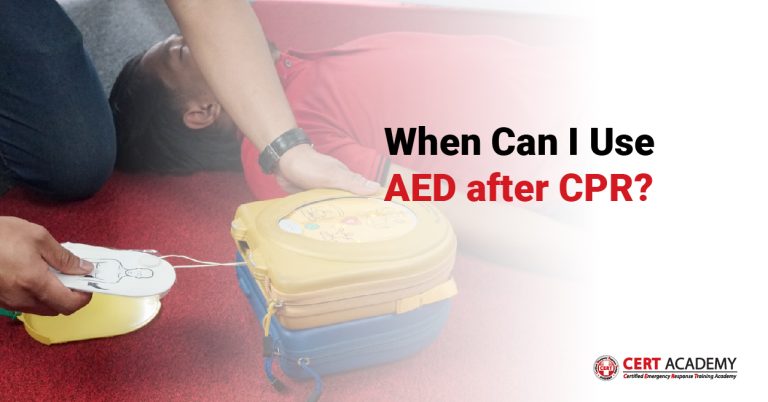Call Us +603-8066 8665
Gerd, Basic Life Support, and Its Significance in Malaysia
Gastroesophageal Reflux Disease (GERD) is a common medical condition that affects millions of people worldwide. While GERD itself is a chronic condition that requires medical management, its complications can sometimes lead to emergencies where Basic Life Support (BLS) becomes crucial. This essay will delve into the importance of BLS in managing emergencies related to GERD and explore the availability of BLS training and certification in Malaysia, focusing on BLS International and its services in the country.

GERD is a chronic condition characterized by the reflux of stomach acid into the esophagus, causing symptoms like heartburn and regurgitation. Although it is not typically considered a life-threatening condition, complications of GERD can sometimes lead to emergencies. One such complication is aspiration pneumonia, which occurs when stomach contents are inhaled into the lungs, potentially leading to respiratory distress and cardiac arrest.
Basic Life Support (BLS): A Lifesaving Skill
BLS is a fundamental set of life-saving techniques that can be administered by bystanders and healthcare professionals alike to sustain life in emergency situations. It consists of several crucial elements, including cardiopulmonary resuscitation (CPR), defibrillation, and the recognition of life-threatening emergencies. BLS is essential in scenarios where an individual experiences cardiac arrest, choking, or severe respiratory distress – situations that may arise as a result of GERD complications.
In Malaysia, BLS training and certification are readily available to individuals and healthcare professionals. These courses are designed to teach participants how to respond effectively in emergencies, providing them with the skills and knowledge necessary to administer BLS techniques. BLS certification ensures that individuals are competent in these life-saving skills and are better equipped to handle emergencies.
Basic Life Support courses in Malaysia are widely offered by various institutions and organizations. These courses cover a range of topics, including CPR, AED (Automated External Defibrillator) usage, and first aid training. Participants learn how to recognize the signs of cardiac arrest, perform chest compressions, and provide rescue breaths when needed. These courses are not only valuable for healthcare professionals but also for the general public, as immediate BLS intervention can significantly increase the chances of survival in cardiac arrest cases.
One of the prominent providers of BLS training and certification in Malaysia is BLS International. This organization is dedicated to promoting and disseminating knowledge and skills related to BLS. They offer a comprehensive BLS course designed to equip participants with the necessary skills to respond effectively in emergency situations. BLS International ensures that participants receive up-to-date training based on the latest guidelines and protocols, maintaining high standards in BLS education.
In conclusion, GERD, though not typically life-threatening in itself, can lead to emergencies where Basic Life Support (BLS) becomes a crucial skill. BLS training and certification are readily available in Malaysia, empowering individuals to respond effectively in life-threatening situations. Organizations like BLS International play a vital role in ensuring that individuals in Malaysia are equipped with the necessary skills to save lives. As emergencies can occur unexpectedly, having a well-trained population in BLS is essential for the well-being of the community and the nation as a whole.



